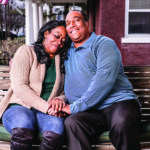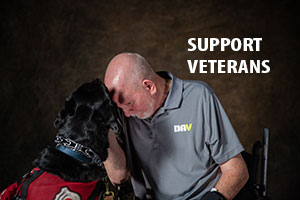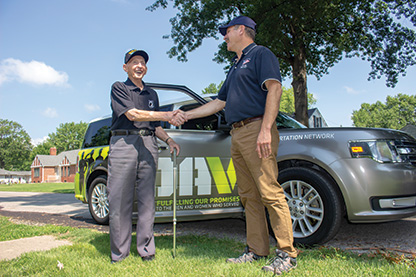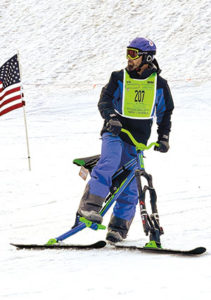Veterans Caregiver Support
Expanding Equal Access to Caregiver Services
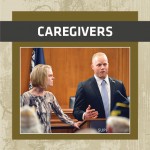
To recognize and assist family caregivers who play a critical role in caring for and supporting veterans severely injured in the line of duty, the Department of Veterans Affairs’ (VA) Program of Comprehensive Assistance for Family Caregivers (PCAFC) provides caregiver assistance, including access to health coverage, respite care to avoid caregiver burnout, caregiver training, modest stipends to offset the financial impact of caregiving, and other forms of support.
Passage of the MISSION Act of 2018 (Public Law 115-182) expanded access to PCAFC to family caregivers of veterans severely injured before September 11, 2001, and was to be implemented in two phases starting on October 1, 2019, when a new information technology system to support the program was in place and certified by the Secretary.
While VA did opt to include service-connected illness as well as injury in its final regulations for eligibility for PFCAC—a critical legislative priority for DAV, ongoing delays in certifying and implementing the IT system required to administer the program resulted in a delay for the first group of disabled veterans (those injured or made ill prior to May 7, 1975) being eligible to apply for the new benefit until October 1, 2020—one full year later than planned.
The VA had originally proposed a two-year gap between expansion phases, with the second phase (veterans injured or made ill between May 7, 1975 and September 11, 2001) beginning on October 1, 2021.
Due to VA’s delays expanding to phase one, the expansion to phase two was also delayed until October 1, 2022, meaning veterans and their caregivers were forced to wait an additional year before applying for this critical support program despite VA having adequate technical and staff resources to accept new enrollees and deliver program services.
We ask that Congress hold VA accountable to fully and faithfully implement the improvements and expansion of PCAFC mandated by the MISSION Act to all severely injured veterans without more unnecessary delays.

